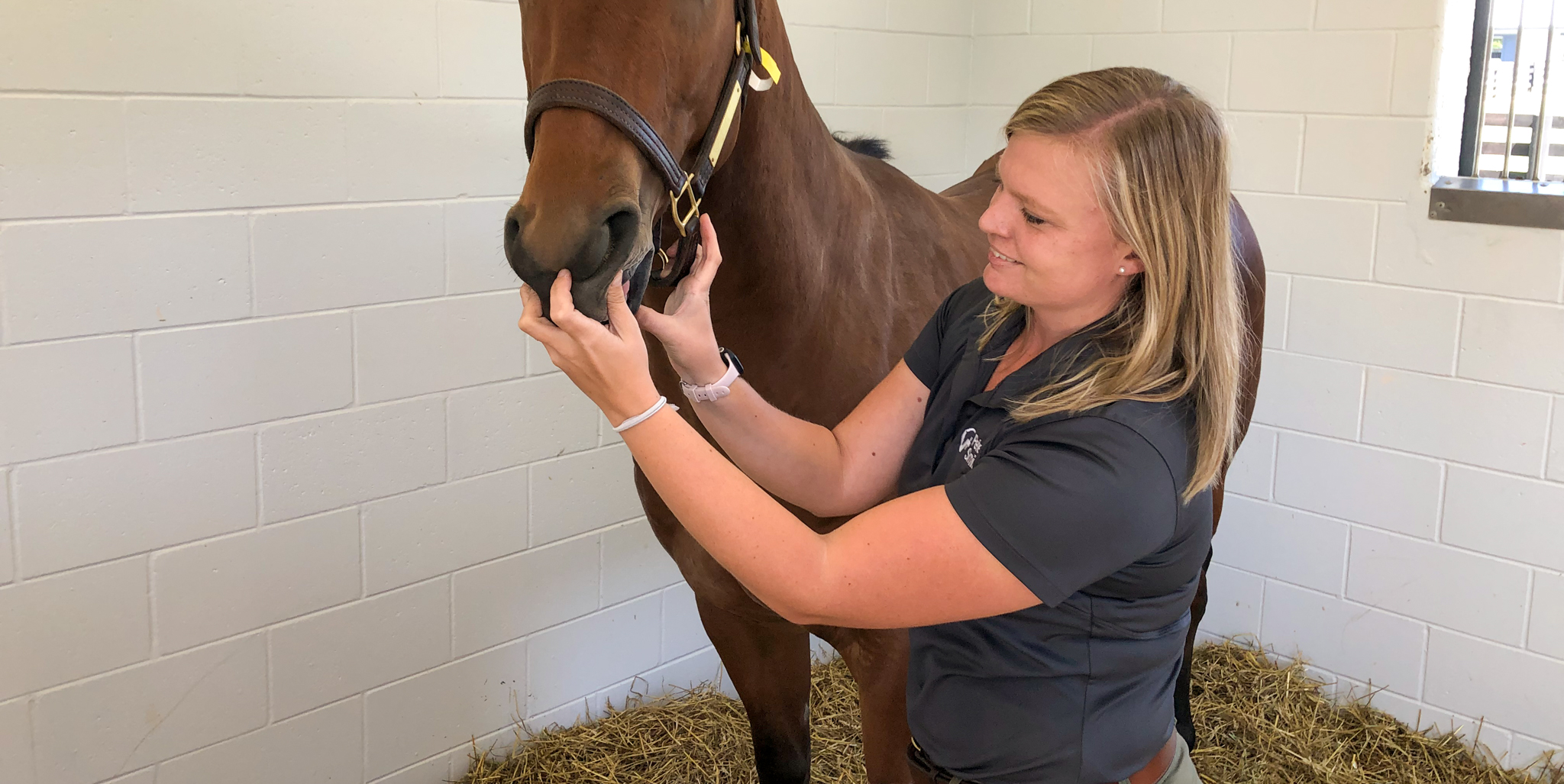Written by Dr. Jessica Reynolds
2021-2022 Peterson Smith Equine Hospital + Complete Care Ambulatory Intern
What causes heat stress?
- More common in poorly conditioned horses that are overworked in hot and humid climates (Florida!), in conjunction with anhidrosis (not sweating), dehydration, or exhaustion syndrome.
- Horses that are confined in poorly ventilated areas (shipping).
- Healthy horses can also experience heat stress when the sum of temperature (in Fahrenheit) and humidity have a value of >180.
- If horses are moved from cool to hot climate, several days are needed for the horse to acclimate to the change in temperature.
- Foals with Rhodococcus equi using a macrolide antibiotic (erythromycin) are also more prone.
- High fever (up to 106) in horses rarely ever cause heat stroke if due to a viral infection.
How to diagnose heat stroke/stress?
- History and clinical signs!
- Increased respiratory rate, lethargy, decreased appetite, shade seeking.
Clinical signs of heat stress:
- Poor sweating response to anhidrosis (not sweating).
- Hot, dry skin
- Increased heart rate and respiratory rate
- Elevated rectal temperature (106-110).
- Prolonged capillary refill time, dark mucus membranes (gums).
- Depression, weakness.
What to do next:
- Decrease the body temperature:
- The quicker treatment and more rapid cooling, the better the prognosis.
- Move horses to a shaded, well-ventilated area with fans if possible.
- Apply cold water or ice water hydrotherapy (cold hosing) to the entire body, focusing on the jugular groove and chest.
- Continually scrape the water off the horse and reapply.
- Can use alcohol over neck/jugular groove/chest area as well.
- Offer water, can add electrolytes to encourage hydration.
- Administer anti-pyretic (anti-fever) such as Flunixin Meglumine (Banamine), use the dosage as recommended by your veterinarian.
- Restore blood volume:
- Contact your veterinarian to provide IV fluid therapy as they deem necessary.
- Bloodwork: Chemistry and CBC panel to evaluate organ functioning, and to see if further treatment is needed.
What NOT to do:
- Do not use any fabric (towels, cooling sheets, etc), they prevent the heat from leaving the body.
- Do not force the horse to walk, unless its to move into the shade/better ventilated area.
- Do not withhold water.
- Do not administer Dormosedan or Xylazine (sedatives), they can cause respiratory distress.
Reference:
- Divers, T.J. Orsini, J.A. (2014) ‘Equine Emergencies Treatment and Protocols Fourth Edition’ Elsevier




